by Bill Sheate
Do you have a love of learning……?
If you're returning to university after the summer break, or are about to embark on university for the first time, it’s likely you may have some apprehensions about what the year holds. Excitement and anxiety are sibling emotions; the main difference is …….. [read more]
by Bill Sheate, 25 June 2019
Recent blog post for UK College of Hypnosis and Hypnotherapy
Following on from my previous blog post Eco-anxiety and the state of the planet I’ve recently written a further post on eco-anxiety for the UK College of Hypnosis and Hypnotherapy. Click on the link to read further.
“Little did I expect, when I trained as a cognitive behavioural hypnotherapist, that my background in ecology and environmental policy would cross over so directly into my therapy practice. But the rising tide of ‘eco-anxiety’ means I am seeing an increasing presentation of this form of anxiety in my clinic……”
by Bill Sheate
Understanding Eco-anxiety
Do you feel helpless yourself in your own actions? What’s the point?
Do you fear for future generations?
Is this anxiety affecting all aspects of your life, your motivation to do things, to interact with friends and family?
Then you may well be suffering from eco-anxiety ……. Read more
by Bill Sheate
Blog post written for the UK College of Hypnosis and Hypnotherapy
I’ve recently written a blog post for the UK College of Hypnosis and Hypnotherapy (UKCHH) website on the benefits for therapists in attending a peer support group - Mutual Support for Therapists. As we come to the end of Mental Health Awareness week, it is important to recognise the value of those who provide support to others also being supported, practically and emotionally. Ongoing peer support and supervision also ensures……
by Bill Sheate
A 2 hour personalised, individual session on exam stress - now available for May and June 2019 only
Stressed out by exams?
Worried; wracked by self-doubt?
Tired from revision, but can't sleep?
Fearful; anxious about the outcome?
I'm offering - for a limited period only - a 2-hour one-off, personalised, individual session on exam stress at a highly discounted special student fee of £60 for the full 120-minute session. ……. read more
by Bill Sheate
Imperial College Union - ‘Under Pressure’ campaign - Wednesday 20 March 2019
As part of ICU’s regular ‘Under Pressure’ campaign, I’m offering this free taster session ‘Anxiety, Stress, Worry?……’ for Imperial College London students that introduces some simple, practical techniques for understanding and dealing with stressful situations, anxiety and worry. Common for many students studying at Imperial (as elsewhere) are problems that arise in dealing with issues like perfectionism, and academic deadlines, workload and exams (at all levels - UG, PGT & PGR), as well as many other personal issues. …….
by Bill Sheate
Why do we do it?
Surprisingly, perhaps, procrastination is often used as a coping strategy; procrastinating - delaying doing something you need to do - in order to reduce the anxiety you might feel as you contemplate doing a task that might appear to be overwhelming, e.g. an essay; a group project; or revision for an exam. Procrastination is typically an avoidant behaviour, ……..
by Bill Sheate
When worry becomes the problem….
What is worry?
One way to look at worry is that it is the brain’s random attempt at problem solving, but to no avail. A more formal definition is the:
“Prolonged and fruitless search for a solution that will provide safety from the perceived threat of harm” (Clark and Beck, 2010)
Worry is typically future-focused; it is the opposite of present moment awareness (mindfulness). It’s about excessive thoughts that go round and round, creating stories we tell ourselves about what might happen and asking ourselves what we can do about it - ‘what-if’ questions about the future. ………..
by Bill Sheate
Three little words…..
How often does our self-talk start with words like should, must or need?
I should be able to complete this.
I must do this perfectly (or else I'm useless, may be the unspoken underlying core belief).
I need to do all these tasks today.
These three simple words so often reflect unspoken (and unconscious) rules to live by that we have established over time, in response to our experiences and as coping strategies for dealing with difficult or stressful situations…….
by Bill Sheate
Why do we seek the unattainable?
The search for perfection can be found throughout everyday life: the desire to be a perfect student, parent, child, lover, athlete, cook; to have the perfect life, body, relationship, and so on. Advertisers use perfection to sell cosmetics, fashion, body image, affecting women's and men's sense of self-worth as they compare themselves to unattainable perfection. 'Comparisonitis' invariably co-exists with perfectionism as the perfectionist constantly compares themselves to others who seem to have it all………
by Bill Sheate
Building good mental health while doing a PhD
Studying for a PhD can be demanding, challenging, sometimes exhilarating and sometimes deeply stressful. Starting out on a PhD is like no other academic study you will have done before. On the one hand you seem to have a long time ahead of you to get things done, and on the other milestones, deadlines and sometimes competing demands create pressures that you never faced as an undergraduate, on a Masters programme or even in an outside working environment……..
by Bill Sheate
Ask a question - you know you want to!
Does even the idea of asking a question in class make you break out in a sweat? For some, anxiety over asking questions in class, even in small groups, let alone making a presentation in front of all your peers, triggers such a strong avoidance strategy that they can go through their entire time at university without ever asking a question, even though they often have questions they would dearly like answered…….
by Bill Sheate
What do we mean by self-awareness?
Increasingly educational psychology recognises the importance of students developing self-awareness competency - the ability to reflect on one’s own role in society, to be able to evaluate one’s actions and to deal with one’s emotions and desires.
Typically, this involves five key aspects: ……..














